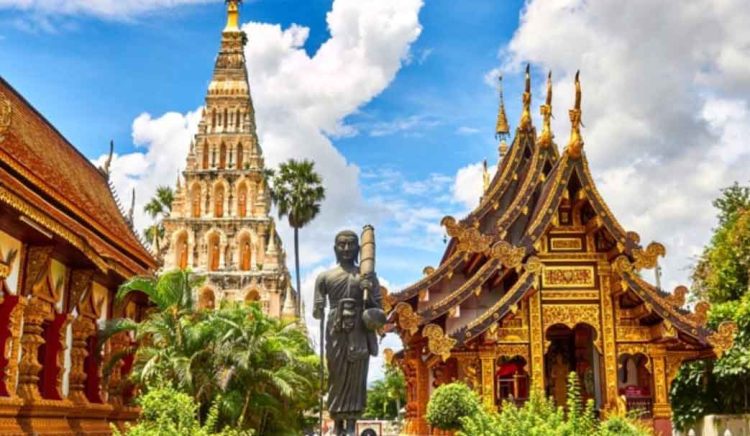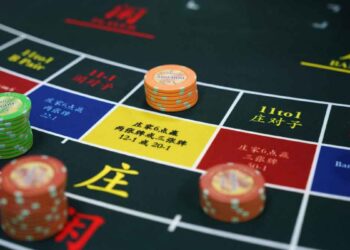Representatives of Thailand’s tourism industry, along with the opposition People’s Party, have expressed concern that Beijing may look to restrict Chinese visitation to the Southeast Asian nation should the Thai government push ahead with its plan to legalize casinos.
People’s Party MP Parit Wacharasindhu, one of the more vocal parliamentary members during debate this week over a censure motion against Thai Prime Minister Paetongtarn Shinawatra – a motion that was ultimately voted down on Wednesday – told local media that the tourism sector was at risk if China decided to discourage its citizens from visiting due to the presence of legal casinos.
“We learned during the Prime Minister’s official visit to China last month that President Xi asked her three times about the casino policy,” Parit said, according to The Bangkok Post. “This should raise questions about whether this policy creates risks as it might prompt the Chinese government to adjust policy, making travel to Thailand more difficult.”
Parit pointed to Beijing’s recent calls for Macau to diversify its economy and declining Chinese travel to the Philippines as evidence of similar scenarios unfolding.
The Bangkok Post also referenced comments from Sisdivachr Cheewarattanaporn, President of the Association of Thai Travel Agents, who said Chinese authorities have directly expressed to him concerns over Thailand’s Entertainment Complex Bill.
Sisdivachr reiterated the threat of China limiting travel to Thailand, explaining that Beijing is concerned about weak law enforcement and the tendency for corruption loopholes, the media outlet reports.
“Legal casinos are a common practice in countries that want to lift their tourism sector,” he said. “However, the Thai tourism industry would be fine if we do not adopt this kind of business. We still view this policy as creating more risks than opportunities for the industry.”
Legalizing casinos was among the key issued raised during the parliamentary censure debate this week, which focused heavily on the state of the economy, however the House ultimately voted against the no-confidence motion on Wednesday morning by 319 votes to 162.



































